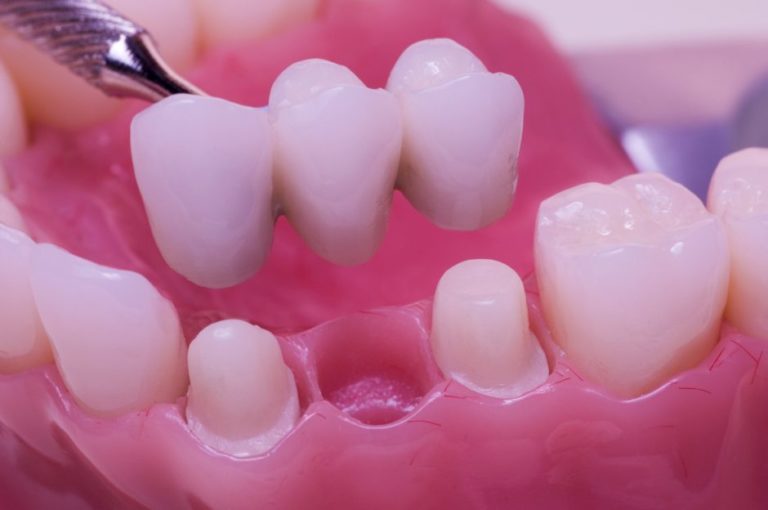If you are missing a few teeth, your dentist may have a wide range of treatment options for you. Depending on whether you need to replace an entire set of teeth or just fill in the gaps, you may have choices like dentures, dental implants, and bridges. Before you step in to get dental bridges in Columbia, SC, here are some details worth knowing.
What is a dental bridge?
A dental bridge is an appliance that’s used for replacing missing teeth. There are four types of dental bridges – traditional, cantilever, Maryland, and dental implant-supported. The first three options rely on the adjacent teeth, which work as the abutment for the dental bridge. Bridges supported by dental implants tend to be stronger and last considerably longer. With primary care, dental bridges can last for years, although one may need replacement at some point.
Should you consider dental bridges?
Your dentist is the only person who can decide whether you would benefit from a dental bridge. A dental bridge is usually recommended to fill the space of missing teeth. However, your dentist may also consider the option to prevent the adjacent teeth from shifting and to maintain facial shape. With a dental bridge, you may enjoy better comfort while speaking and eating, which could be a great way to restore your smile. If you have a partial denture, consider going for a bridge that is fixed and works as a permanent option.
What is the procedure like?
You may need to see your dentist at least twice to get a dental bridge. Your dentist will first file the abutment teeth by removing a part of the enamel, making room for the crown. Impressions are then taken and sent to a lab where a custom dental bridge would be made for you. In between, you may consider getting a temporary dental bridge. During your dental visit, the dentist will check if the new dental bridge fits you well and will cement the same in place. You will also have a bunch of aftercare instructions to follow, but you can usually keep up with your oral care routine as usual.
Wrapping up
Getting a dental bridge is not painful and is almost the same as getting a crown. The outcome is usually very satisfactory, and your dentist will explain whether and when you need to replace the bridge in the future. Keep up with your appointments and checkups as usual.


